Sustaining Future Food Security in Changing Environments
Access to adequate food and nutrition is a fundamental human right. However, a significant population worldwide presently suffers from malnutrition and inadequate access to food. To meet the goal of zero hunger and malnutrition, agricultural production must maintain pace with increasing food demand. This goal is being challenged by rapidly changing socio-economic and environmental issues. Climate change, depleting soil and water resources, air, water and soil pollution are not only reducing productivity, but also pose a threat to food safety and nutrition. This book analyzes linkages between agriculture and environmental changes, major challenges and potential solutions to secure future food security. It covers, in detail, the impacts of major environmental changes including climate change and air pollution on crops and agricultural production. The potential solutions to address these challenges are also discussed. This book provides the reader with a broad view of interactions between agriculture and the environment, where agriculture is not only vulnerable but also acts as a contributor and offers mitigation options for some of the challenges in sustaining future food security. Agricultural sustainability in near and long-term future will depend on adapting crops and crop management practices based on emerging scientific knowledge of plant physiology and resource efficient technologies combined with focused socio-economic reforms to conserve food diversity and traditional practices. With the help of specific case studies, this book also highlights the significance of reforming small scale farming practices. Overall, this book provides the core idea of sustainable agriculture and food production in current and future scenarios, and is recommended for anyone interested in this topic.
{{comment.content}}
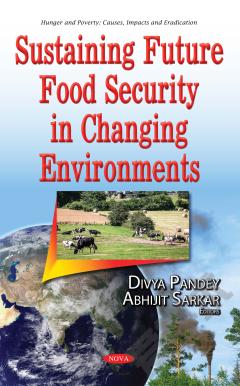

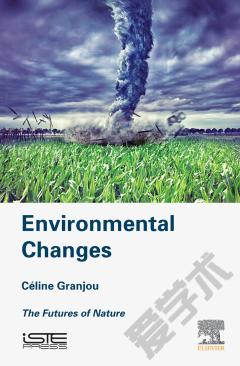

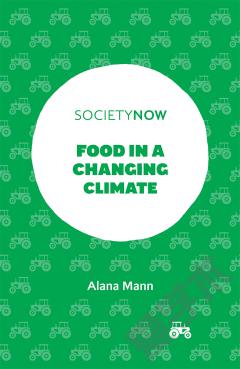
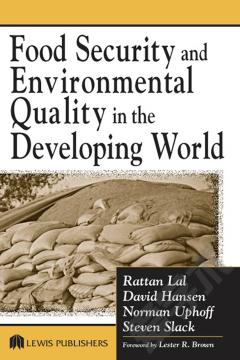
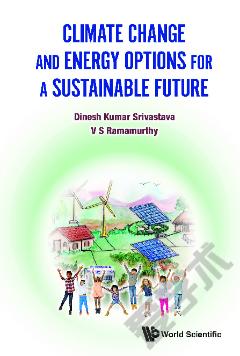

 京公网安备 11010802027623号
京公网安备 11010802027623号